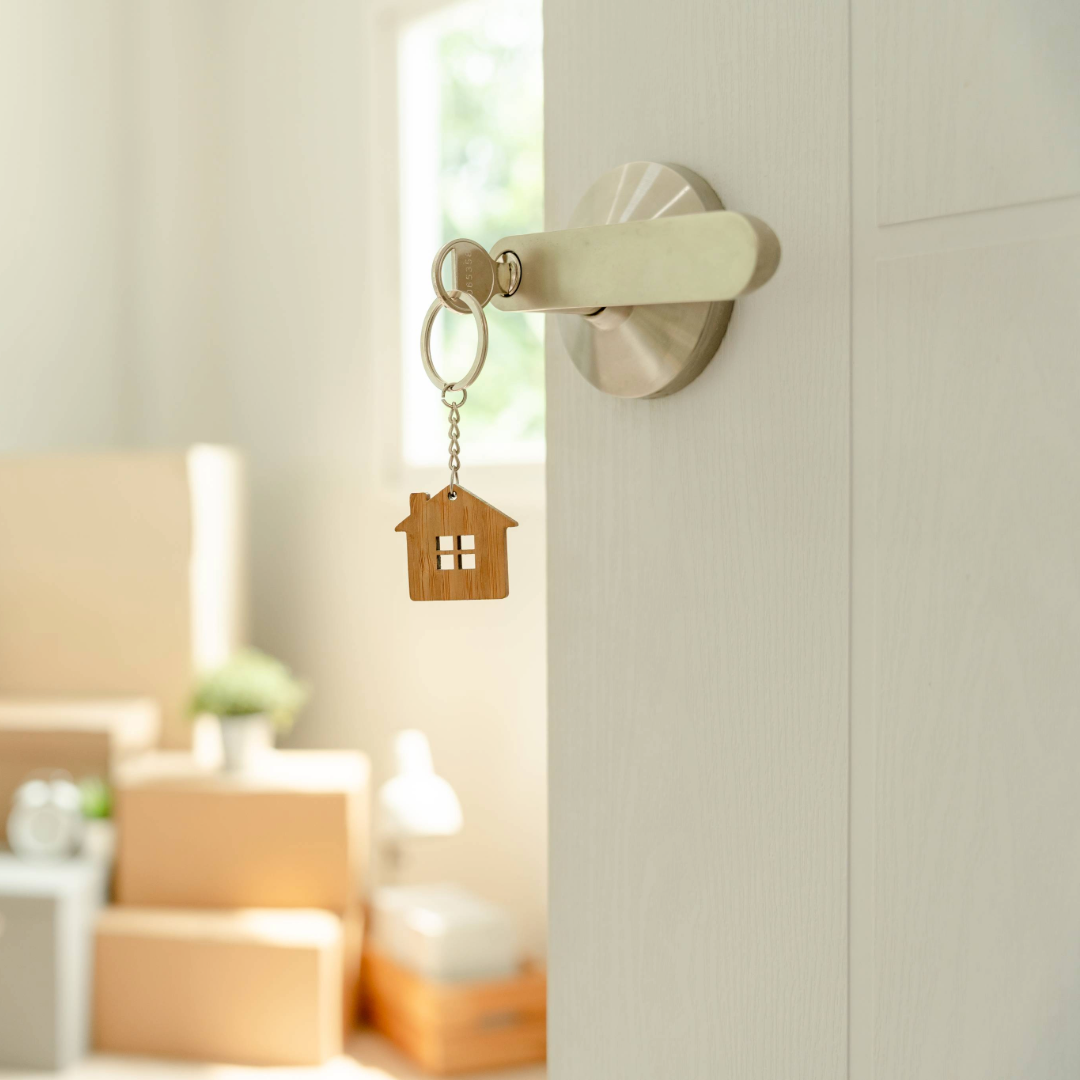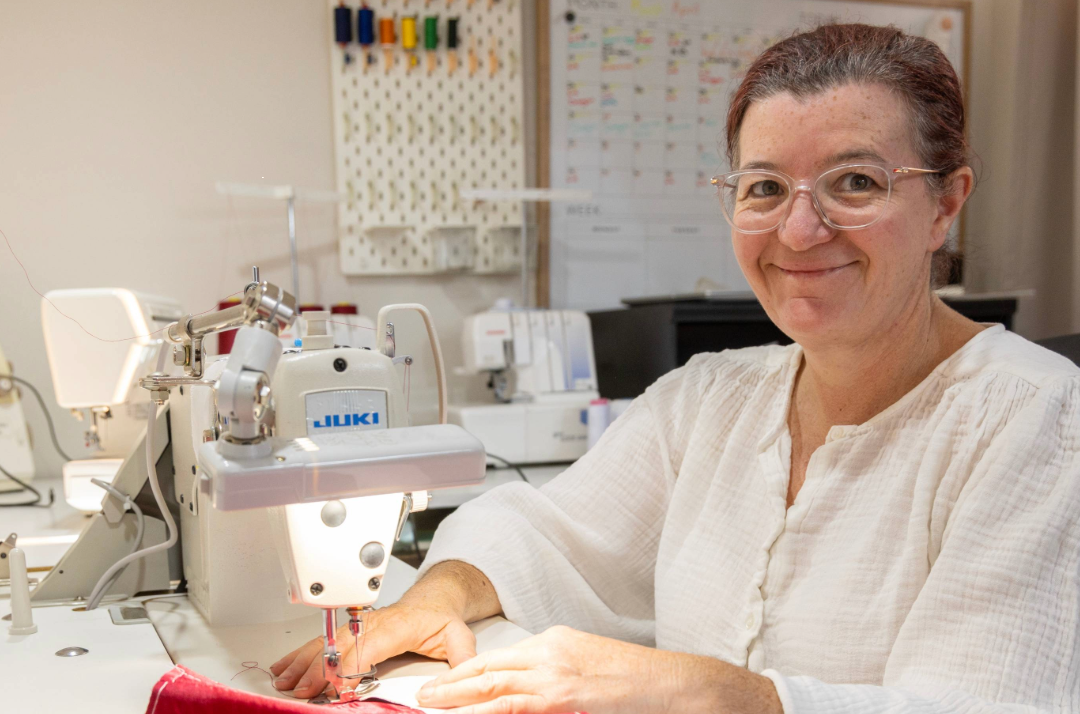-
New Chair and Board member for HomeStart
State Government-backed lender HomeStart has recently welcomed a new Chair and board member to its Board.
Read more -
How to get a foot on the property ladder
With the current challenges facing the housing market, many people worry about being able to afford their own home. Here are a few tips to help you take that first step onto the property ladder.
Read more -
Smart ways to pay down debt
Whether you’re looking to buy a home, or you are already making home loan repayments, paying down debt is a priority. We’ve put together some simple steps you can take that will relieve pressure on your financial situation.
Read more -
Andrew Mills in conversation with Fresh 92.7
In this exclusive five-part series, HomeStart CEO Andrew Mills met with Fresh 92.7’s Cale and Mags to discuss all things buying a home.
From saving a deposit, to navigating the home buying process and understanding what loan is best for you, the series offered practical tips and guidance to help make your home ownership dreams a reality.
Each episode focused on a unique topic, with Andrew providing a greater insight on how South Australians could get into their own home with our low deposit loan options or unique product features. Read more -
.png)
Is refinancing right for you? Here’s what you need to know
You might hear people talking about refinancing, but you aren’t sure whether it’s something that applies to you. Refinancing can be a good step in your financial planning. Like every step towards buying your own home, it pays to consider your options. Here’s our guide to taking the next step on your home ownership journey.
Read more -

Graduating into a new career and a new home
When Tammie Collins went back to study to make her dream career change, she thought her dream home would have to wait. But a university degree – and an award recognising her as an emerging movie costume maker – have helped Tammie, 48, of Andrews Farm, achieve both her aspirations.
Read more -

Where to find a broker and what to ask them
If you’re new to the housing market, chances are you’ve heard of brokers but don’t know a lot about them or how to go about choosing one. We have developed a handy tool for finding a broker close to you – and the top questions to ask them.
Read more
Learn more about our upcoming seminars in March.